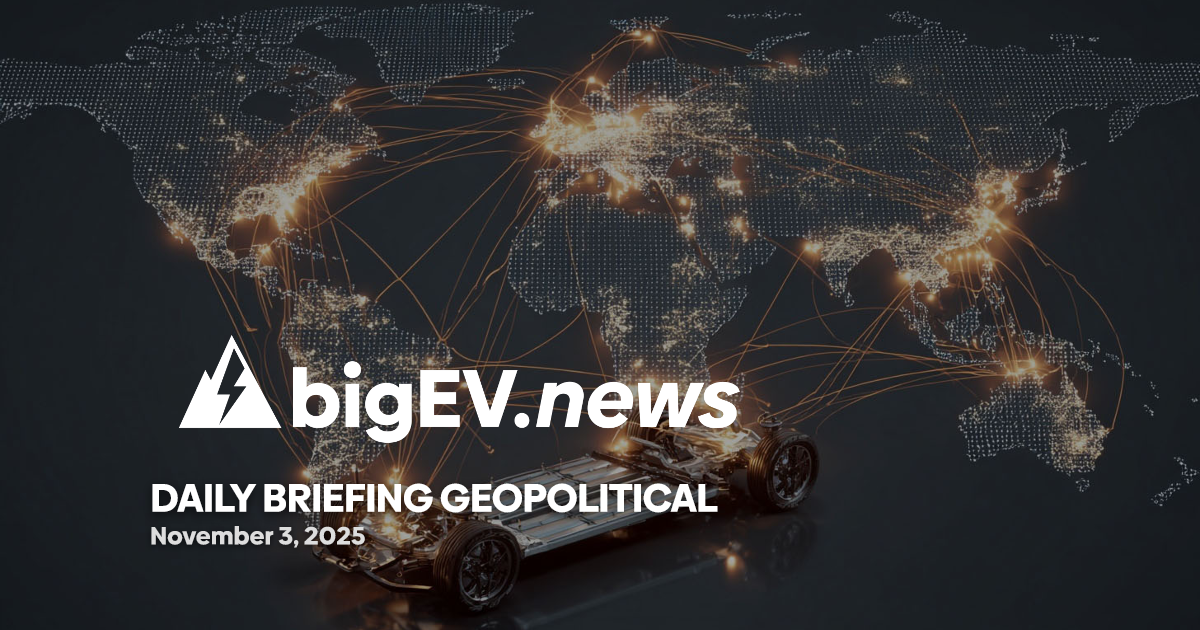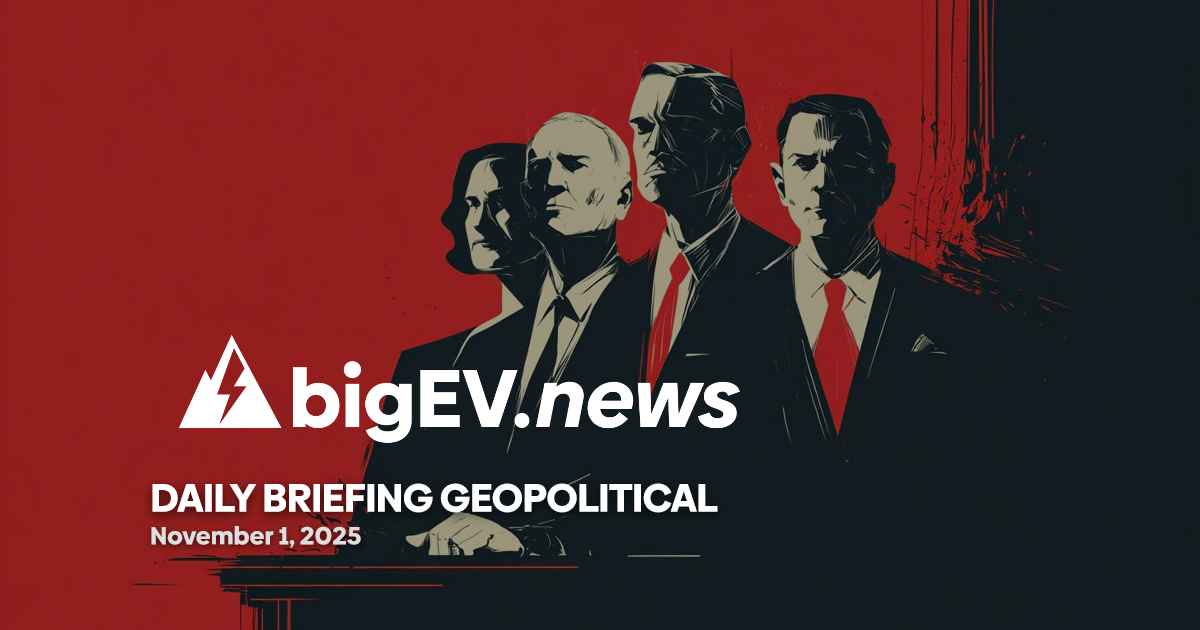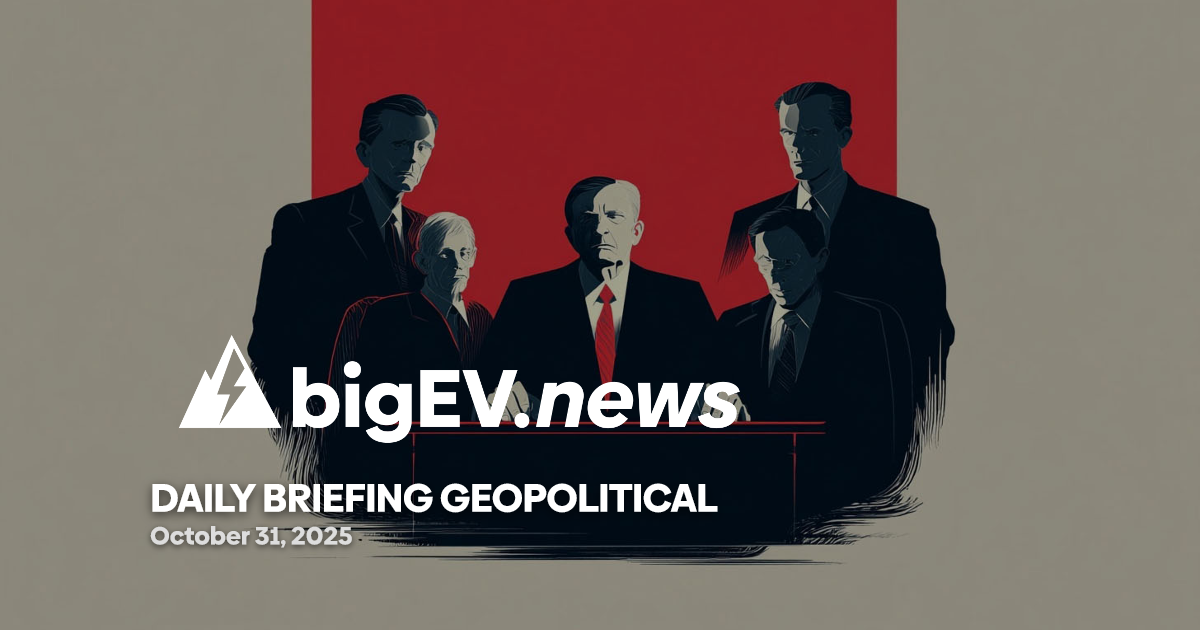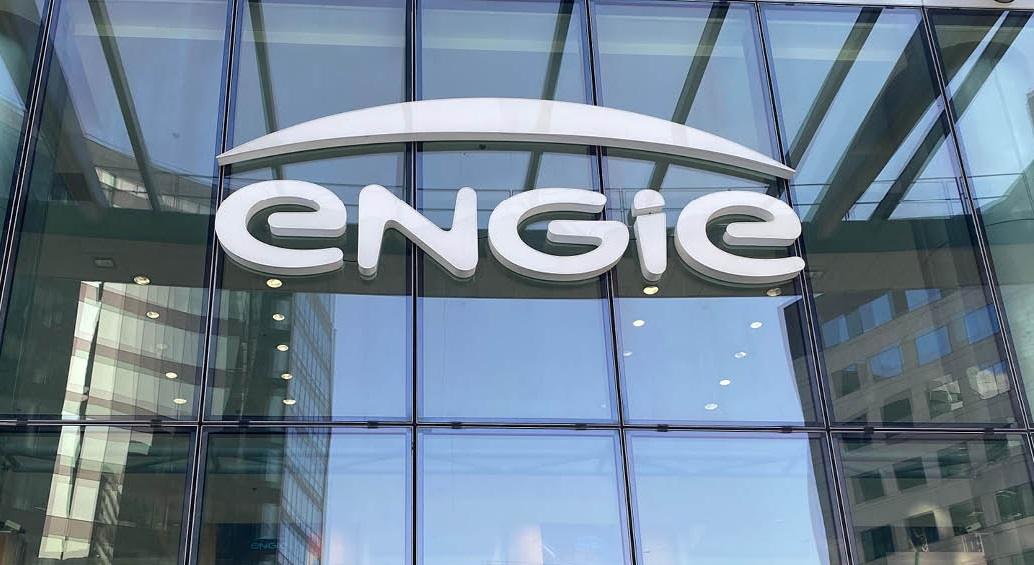Escalating conflicts, shifting alliances, and new sanctions drive volatility across energy, technology, and financial sectors worldwide.
At a glance – The past 24 hours have underscored a sharp escalation in geopolitical risk, with the United States unveiling a new Gaza peace plan that includes terms for a ceasefire and the release of hostages, while Russian officials issue stark warnings about the risk of nuclear escalation with Europe. The Pentagon is simultaneously pressing for a surge in weapons output, citing concerns over depleted stockpiles and the potential for conflict with China. These developments are contributing to heightened uncertainty and volatility in global financial markets, as investors weigh the implications for energy prices, defense spending, and cross-border capital flows. The ongoing war in Ukraine continues to disrupt European energy infrastructure, with Russian drone and missile attacks targeting urban centers and critical supply nodes, further exacerbating supply chain vulnerabilities and driving up costs for manufacturers and utilities across the continent.
Technology advance – In a significant move for the global battery and electric vehicle sector, China has commenced construction of its first nuclear-powered Type 004 aircraft carrier, a project that not only signals Beijing’s growing military ambitions but also its intent to dominate advanced propulsion and energy storage technologies. The carrier’s development is closely linked to China’s broader strategy of integrating civilian and military supply chains, particularly through the expansion of dual-use ferries that could be rapidly converted for military operations around Taiwan. This technological leap is expected to accelerate domestic innovation in high-density batteries and electric propulsion systems, with potential spillover effects for commercial applications in the automotive and grid storage sectors. Meanwhile, U.S. policymakers are closely monitoring these advances, as they could reshape the competitive landscape for critical minerals, rare earths, and next-generation battery chemistries.
Partnerships – The European Union has reinstated sanctions on Iran in response to renewed concerns over Tehran’s nuclear program, prompting a flurry of diplomatic activity aimed at shoring up alternative energy partnerships. In a parallel development, the Trump administration has announced a $625 million initiative to revive the U.S. coal industry, including expanded leasing on 13.1 million acres of federal land and upgrades to aging power plants. These moves are part of a broader effort to reduce reliance on foreign energy sources and strengthen domestic supply chains, but they have also triggered backlash from environmental groups and clean tech investors. At the same time, the U.S. is extending the African Growth and Opportunity Act for another year, despite recent unilateral tariffs on African nations, signaling a complex balancing act between trade liberalization and protectionist measures.
Acquisitions/expansions – In the transportation engineering sector, Siemens Mobility has finalized a $2.1 billion acquisition of Brazil’s WEG Electric Motors, a deal that will significantly expand Siemens’ footprint in Latin America’s rapidly growing rail and electric bus markets. The acquisition is expected to accelerate the deployment of advanced traction motors and charging infrastructure across the region, positioning Siemens as a key player in the transition to low-carbon public transit. The deal comes amid rising demand for resilient supply chains and localized manufacturing, as companies seek to mitigate the risks posed by geopolitical instability and shifting trade policies. WEG’s expertise in high-efficiency motors and power electronics will complement Siemens’ existing portfolio, enabling the development of integrated solutions for smart mobility and grid modernization projects.
Regulatory/policy – U.S. regulators have issued new guidelines tightening export controls on advanced semiconductors and AI chips destined for China, citing national security concerns and the risk of technology transfer to the Chinese military. The updated rules, which take effect immediately, impose stricter licensing requirements on companies such as Nvidia, AMD, and Intel, and are expected to disrupt global supply chains for high-performance computing and data center infrastructure. Industry analysts warn that the new controls could prompt retaliatory measures from Beijing, including restrictions on the export of critical minerals and rare earth elements essential for battery and motor production. The policy shift reflects a broader trend toward “de-risking” and technological decoupling between the world’s two largest economies, with far-reaching implications for innovation, investment, and global competitiveness.
Finance/business – BlackRock’s latest Geopolitical Risk Dashboard highlights a surge in market volatility driven by persistent instability in the Middle East, ongoing conflict in Ukraine, and heightened tensions in the Taiwan Strait. The report notes that recent U.S. military strikes against cartel-linked vessels in Venezuela and expanded naval deployments in the Caribbean have added to investor anxiety, particularly in sectors exposed to energy price shocks and supply chain disruptions. Financial markets are also reacting to the Trump administration’s threats of substantial tariffs on foreign furniture and 100% levies on non-U.S. films, moves aimed at protecting domestic manufacturing and the entertainment industry. These protectionist measures, combined with escalating sanctions and export controls, are reshaping global investment flows and prompting multinational corporations to reassess their risk exposures and strategic priorities in an increasingly fragmented world order.
Sources: BBVA Research, BlackRock Investment Institute, Wellington Management, GeopoliticsUnplugged, Siemens AG, U.S. Department of Commerce









